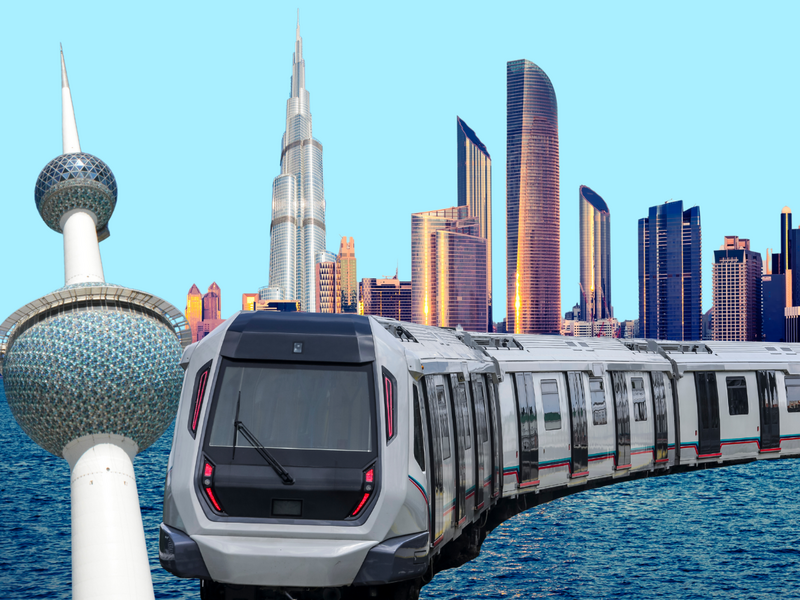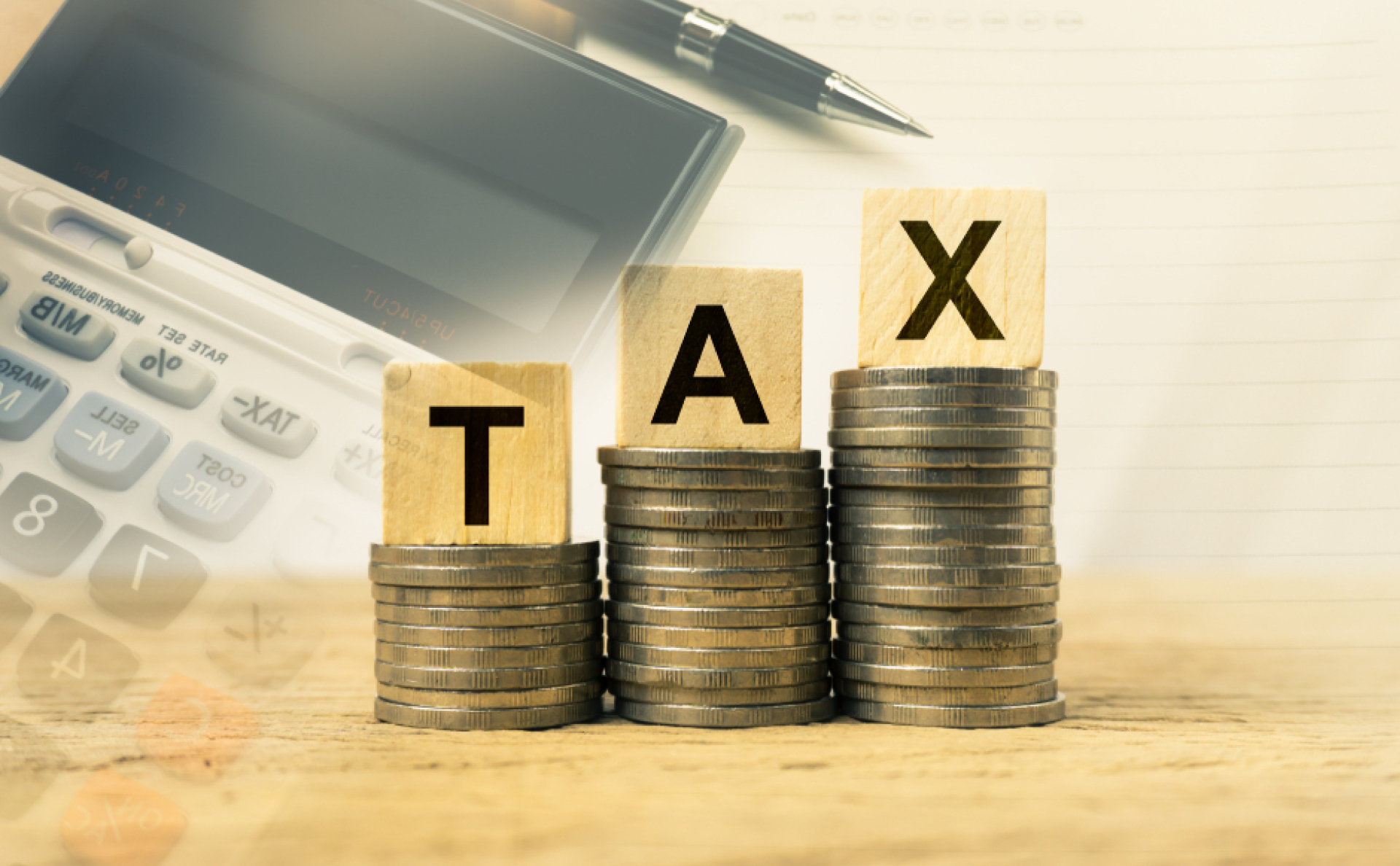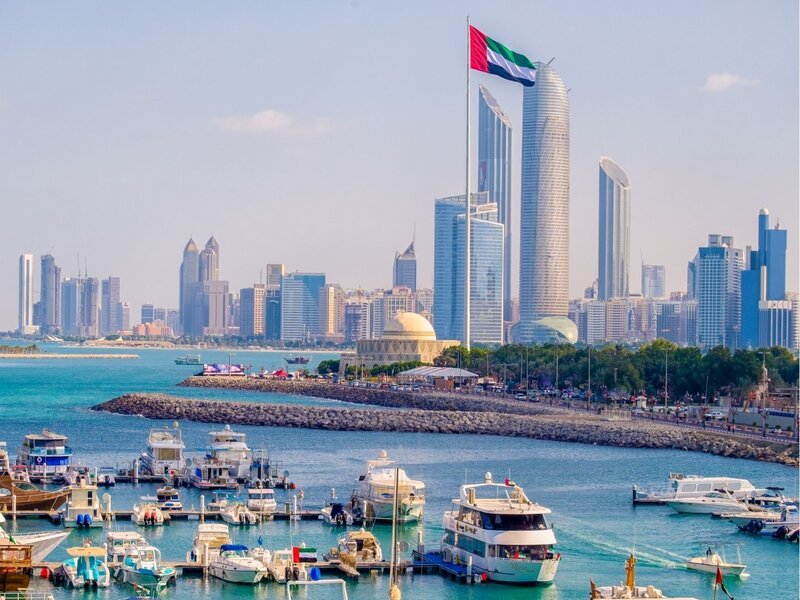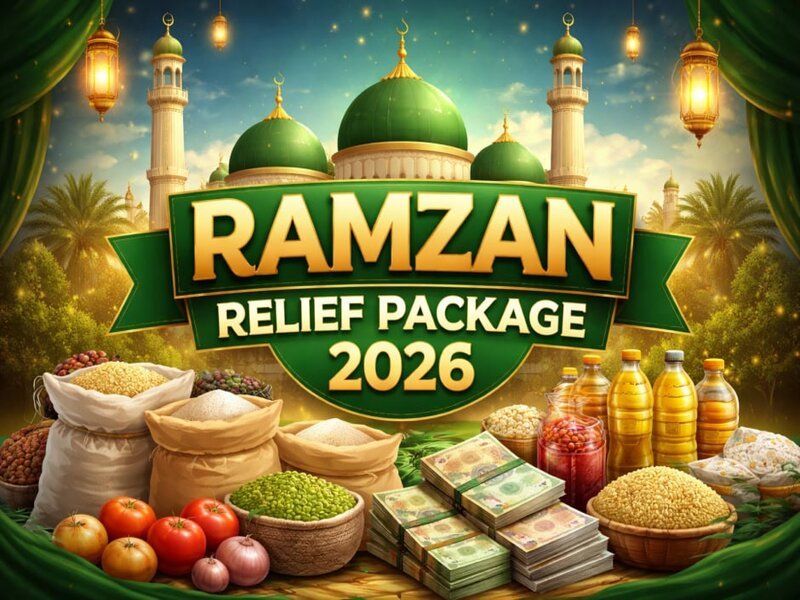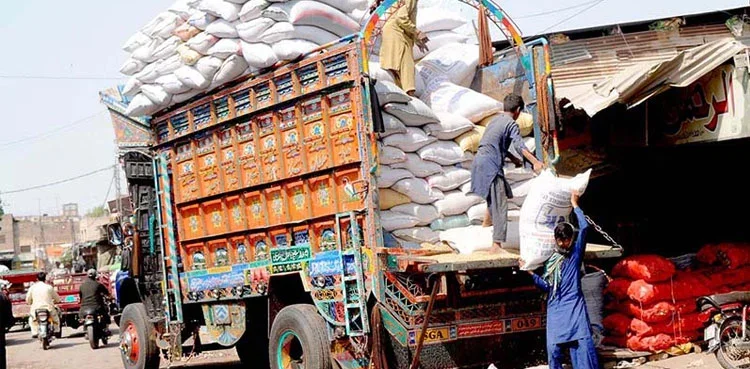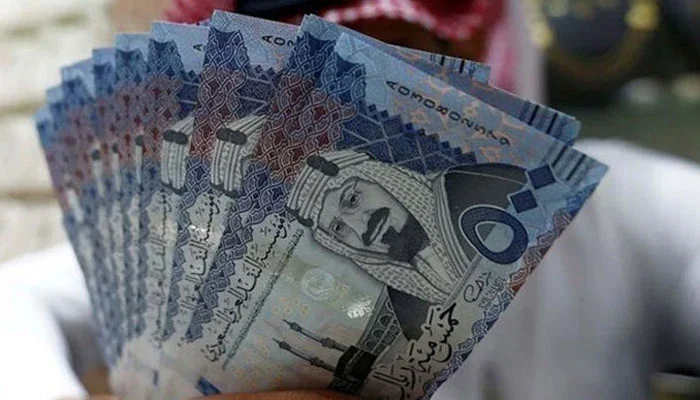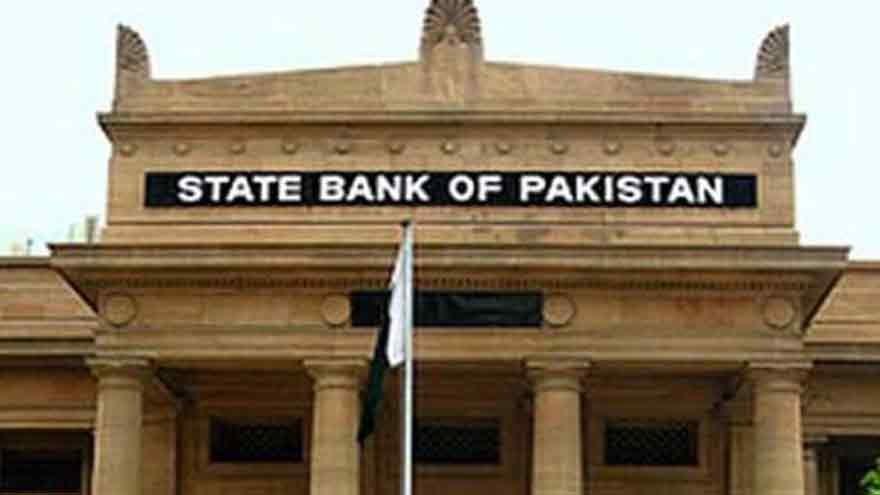The long-anticipated GCC Railway is officially set for completion by December 2030, marking a major milestone in regional connectivity. The integrated rail network will span approximately 2,177 kilometers, linking all six Gulf Cooperation Council (GCC) member states: Saudi Arabia, the United Arab Emirates, Oman, Qatar, Kuwait, and Bahrain. Once operational, it is expected to significantly reduce travel times, streamline passenger and cargo movement, and boost cross-border trade and investment across the region. Designed to serve both freight and passengers, the GCC Railway is seen as a transformative project for mobility in the Gulf. Travel between major cities such as Abu Dhabi and Riyadh will take less than five hours, offering a high-speed and more sustainable alternative to car and air travel. The project is also expected to promote economic integration among member states by connecting key industrial, commercial, and port hubs. However, completing the project by the targeted date will require strong coordination among participating nations. Harmonizing technical specifications, safety protocols, and environmental standards is essential to ensure seamless operations. Additionally, the implementation of unified customs and immigration processes will play a critical role in avoiding delays at borders and ensuring efficiency for both freight transport and passenger travel. In parallel to the regional railway, the UAE is making rapid progress on its national railway system—Etihad Rail—which is expected to open in 2026. This domestic project will connect 11 cities and regions within the country, cutting travel time between Abu Dhabi and Dubai to just 30 minutes, with trains capable of reaching speeds of up to 350 kilometers per hour. Cities like Sharjah are already witnessing accelerated construction, with new rail links offering a potential solution for commuters facing long daily drives, especially to and from Dubai. As both national and regional rail projects advance, the Gulf region is positioning itself to become one of the most interconnected areas in the world, enhancing logistics, reducing carbon emissions, and improving overall quality of life for residents.
